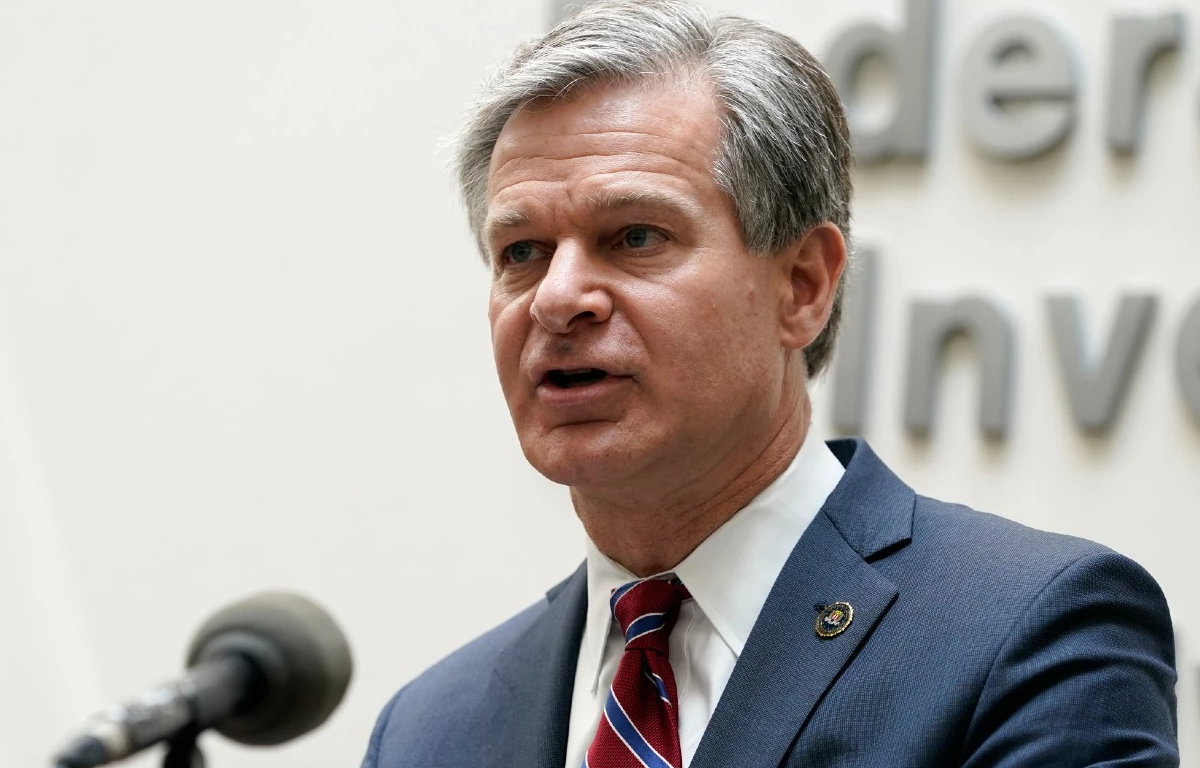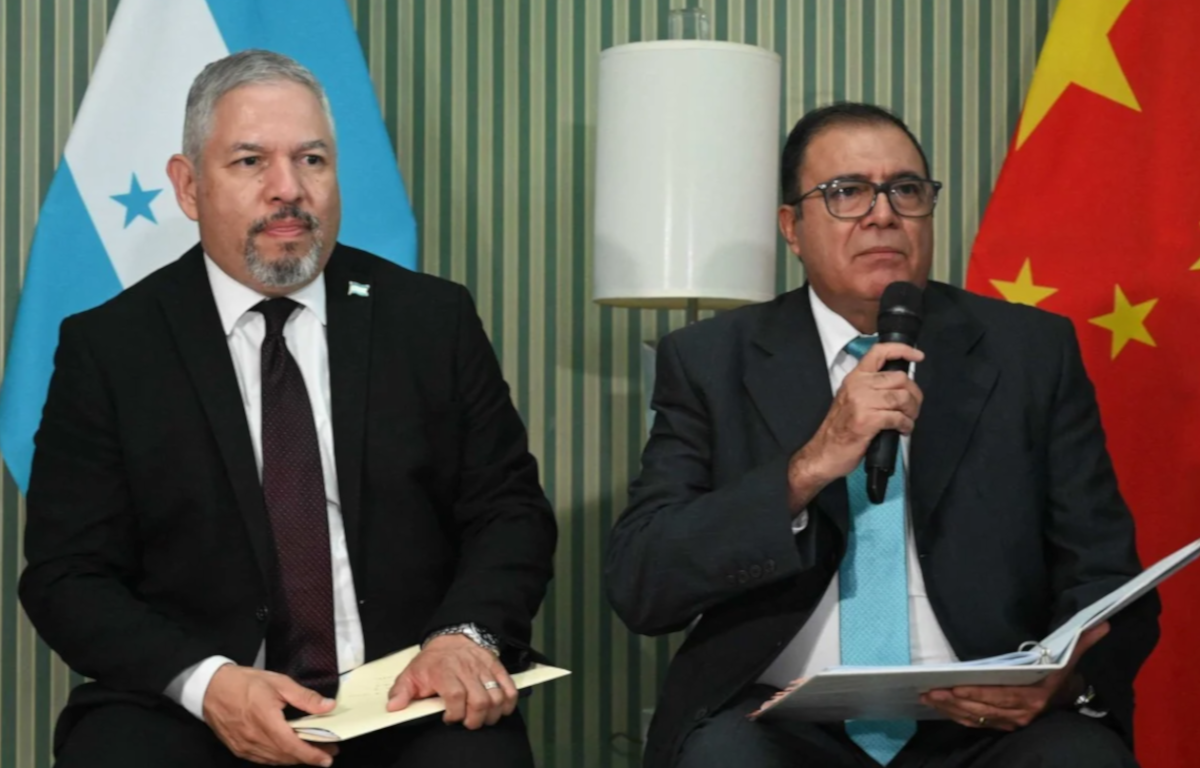
Confucius Institutes are nonprofit educational organizations funded by the Chinese government with the aim of promoting Chinese language and culture globally. However, skepticism and scrutiny of these institutes have increased in recent years. Critics argue that they serve as vehicles for Chinese state influence, stifling free expression and promoting a one-sided view of China. Concerns have been raised regarding their ties to the Chinese Communist Party (CCP) and their potential to limit academic freedom.
Germany, known for its robust academic freedom and independent research, has been grappling with the question of how to approach Confucius Institutes within its borders. Several German universities have already severed ties with these institutes due to concerns over academic autonomy and lack of transparency. Policymakers are considering implementing stricter regulations to ensure academic freedom and prevent undue political influence. Possible measures being discussed include increased transparency in funding sources, oversight mechanisms, and reviewing curricula and teaching materials used in Confucius Institute programs.
Striking a balance between cultural exchange and academic integrity is essential. Proponents argue that increased transparency, robust oversight, and clear guidelines for cooperation can allow German universities to benefit from Confucius Institutes’ resources while safeguarding their core academic values. This approach would address concerns without completely closing the institutes, emphasizing the importance of promoting intercultural understanding and language education.
The potential restrictions facing China’s Confucius Institutes in Germany could have broader implications worldwide. As countries grapple with concerns surrounding academic freedom and political influence, similar measures and reevaluations may be seen elsewhere. The outcome in Germany may serve as a precedent for how countries strike a balance between cultural engagement and safeguarding academic independence.
Germany’s consideration of restrictions on China’s Confucius Institutes reflects growing global concerns about academic freedom, political influence, and foreign-sponsored educational initiatives. Striking a balance between cultural exchange and academic integrity is crucial, and the future of Confucius Institutes in Germany and beyond will depend on finding this delicate equilibrium. By upholding academic principles, ensuring transparency, and fostering intercultural understanding, countries can navigate the challenges posed by these institutes and shape the future of cultural exchange and educational cooperation.










Share this: